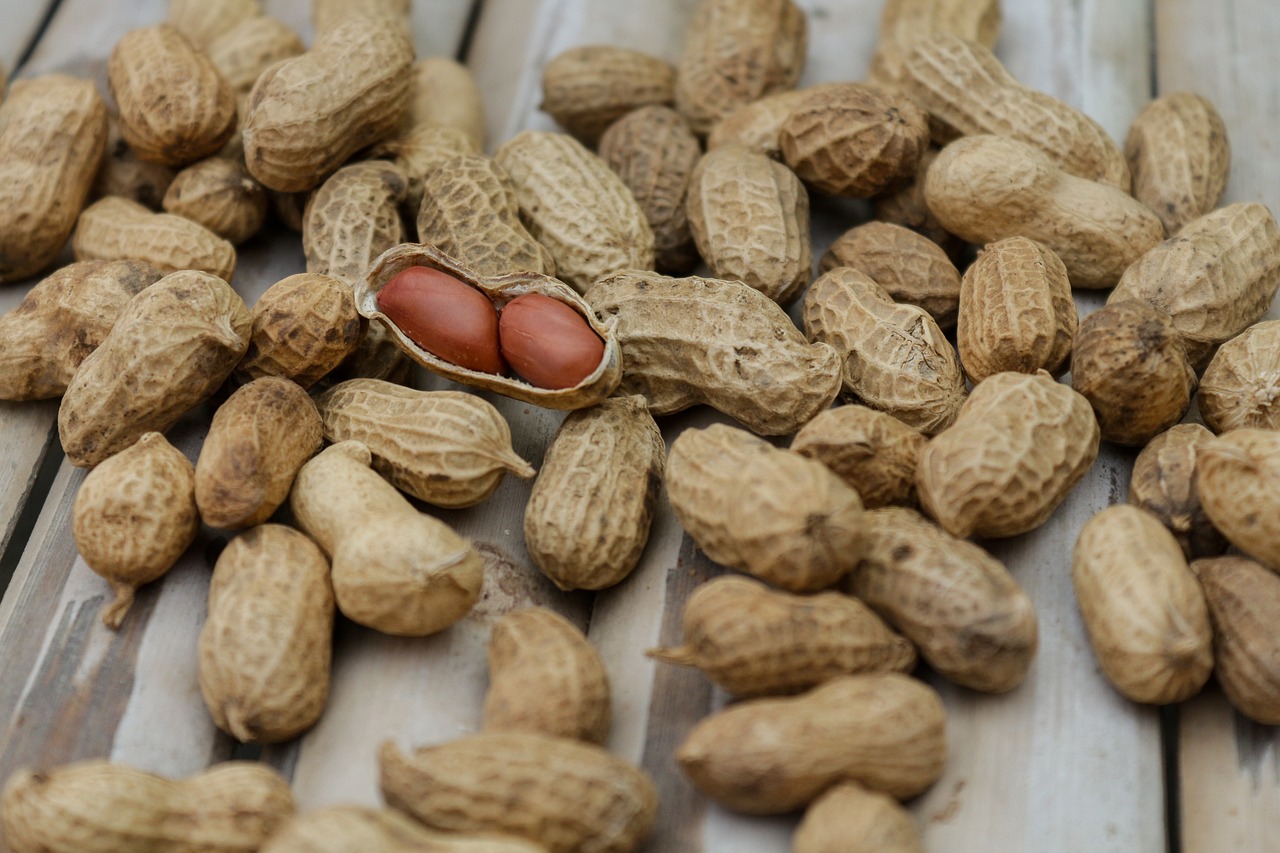Vitamin B1, a water-soluble vitamin also known as Thiamin, is an important part of the family of B-complex vitamins. The primary role this vitamin plays inside the body is in the conversion process of blood sugars into glucose. Vitamin B1 helps the body break down carbohydrates, proteins and fats.
Sufficient levels of Vitamin B1 also ensure that the nervous system and the cardiovascular system work optimally. Proper muscular functioning is also dependent on sufficient quantities of this vitamin. The production of adenosine triphosphate (ATP), which is the body’s main source of fuel, could not happen without Vitamin B1. The heart in particular relies on this fuel supply so that it can keep up with its most important job of circulating blood throughout the body and supplying the blood cells with oxygen.
Because of its role in helping the heart pump blood, Vitamin B1 can possibly benefit those individuals suffering from congestive heart failure. Vitamin B1 can also be used to ease the numbness and tingling often associated with nerve damage. Because of the way this vitamin helps in the energy conversion and heart pumping processes, it has been known to boost mood and energy levels and alertness.
Water soluble vitamins such as B1 must be continuously replenished because what the body does not use is eliminated via the urine. If not replenished adequately, a deficiency can result. But because B1 is found in so many foods, deficiencies are very rare.
Sources of Vitamin B1
Good sources of Vitamin B1 include pork, whole grain cereals, wheat germ, navy beans, kidney beans, garbanzo beans, peas, peanuts, fish, oysters, whole wheat and rye flour, oranges and orange juice and raisins. The best sources are found in beef liver and kidneys and in brewer’s yeast.
Daily Intake Requirements
A determination as to the most beneficial daily intake of Vitamin B1 has yet to be made. However, since this vitamin is non-toxic, it really is not possible to consume ‘too much’. Remember, as a water soluble vitamin, B1 is constantly eliminated from the body through the urine. Most experts agree that 1.5 mg each day is sufficient for men and women.
Symptoms of Vitamin B1 Deficiency
As people age, it is natural for Vitamin B1 levels to start to decline. Aside from the natural deficiency brought about by age, Vitamin B1 deficiencies are very rare nowadays, but they do exist. Those who consume excessive amounts of alcohol are most adversely affected as alcohol inhibits the body’s ability to properly absorb this vitamin. Babies that are given formula that lacks Vitamin B1 supplements can also be affected.
The most notable symptom of a Vitamin B1 deficiency is a condition called Beriberi. Symptoms of this condition include rapid heartbeat, mental confusion, nerve trouble and muscles that gradually begin to waste away. Because Vitamin B1 plays a significant role in effectively transmitting nerve signals between the spinal cord and the brain, insufficient amounts of this vitamin can also lead to the development of depression, headaches, nausea, loss of appetite, nerves that tingle and tiredness.
The Author:
Dr. John Spencer Ellis
Each week, over one million people enjoy a fitness and wellness program created by John Spencer Ellis. His programs are implemented in the top resorts, spas and health clubs. John is the CEO of NESTA (National Exercise & Sports Trainers Association), the Spencer Institute for Life Coaching, and the Get America Fit Foundation.
He created Adventure Boot Camp, the largest fitness boot camp system in the world. His TriActive America signature series of outdoor exercise equipment is used worldwide. John has been featured on ABC, NBC, CBS, PBS, FOX, FOX Sports, FOX Reality, SPIKE and ESPN. He is the fitness and lifestyle expert on Bravo’s The Real Housewives of Orange County and Daybreak OC (KDOC news). John is the producer of the documentary The Compass (Jan. 2009).
